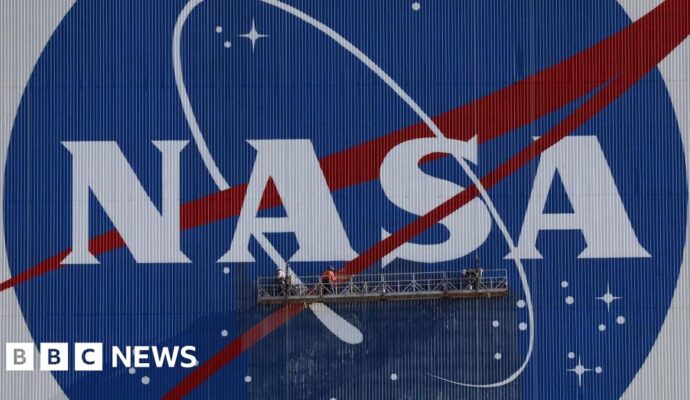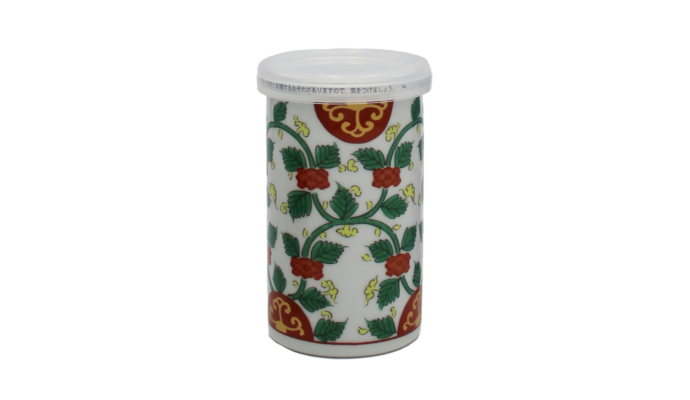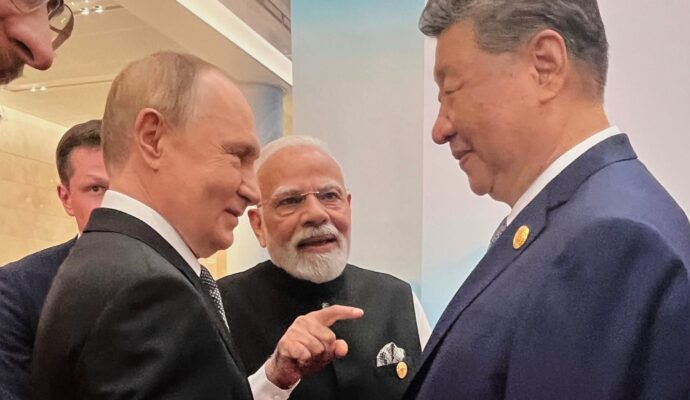Unlock the Editor’s Digest for free
Roula Khalaf, Editor of the FT, selects her favourite stories in this weekly newsletter.
Australia’s Prime Minister Anthony Albanese is expected to take a bolder approach to foreign affairs and economic reform after scoring an unexpected landslide victory over the opposition Liberal party in the weekend’s election.
Albanese’s Labor party had won 86 seats by Sunday afternoon with a number yet to be called, comfortably exceeding the 76 it needed to retain its majority. It follows a similar result earlier in the week in Canada, where voters widely rejected that country’s rightwing party in a rebuke to US President Donald Trump.
Labor also significantly widened its margin over the rightwing opposition led by Peter Dutton, whose campaign was soured after he adopted an “anti-woke” position.
Charles Edel, Australia chair at the Center for Strategic & International Studies think-tank, said the result showed a growing scepticism towards the US in Australia and strengthened Albanese’s hand in dealing with Washington. “There will also undoubtedly be a sense from Labor that he is politically secure and that his policy instincts are correct,” he said.
Albanese projected optimism in his victory speech late on Saturday, though he acknowledged the growing threats of geopolitical uncertainty and turmoil in global trade.
“Australians have chosen to face these global challenges the Australian way — looking after each other while building for the future,” he said.
The result clinched a remarkable turnaround for the prime minister, who was trailing the opposition in the polls just months ago, saddled with a cost of living crisis and stubborn inflation.
It also made him the first Labor prime minister to win consecutive elections since Bob Hawke in the 1980s, strengthening his mandate after a first term that was stifled by a slim parliamentary majority and an inflation crisis, according to party insiders and analysts who expressed shock at the scale of the victory.
“The second term is meant to be the high point for a government, and he’s now got a thumping majority and huge personal endorsement,” said Nicholas Reece, Lord Mayor of Melbourne and an adviser to former Labor prime minister Julia Gillard.
Albanese has “a mandate, he’s got confidence, especially on foreign policy”, said Tim Harcourt, an economist at University of Technology Sydney.
“He doesn’t have to kowtow to Trump over the threat from the right or to China whose own tariffs on Australia failed,” Harcourt added, referring to a rapprochement with Beijing during Albanese’s first term that led China to drop trade barriers on Australian goods.
Albanese’s first challenge will be embarking on a series of campaign pledges to boost public spending by billions of dollars — which economists dubbed a “spendathon” — on healthcare, increased wages for care workers, electricity bill rebates, subsidies for home batteries to store solar power, childcare services and education and vocational training.
Treasurer Jim Chalmers has outlined a series of spending cuts in other areas, including on consultants, to help reduce looming deficits.
Chalmers said the government would also focus on improving productivity — a long-standing issue in Australia — as it sought to insulate the economy against uncertainty.
The election came against a backdrop of Trump’s tariffs and trade war with China, which could blow back on Australia’s economic growth. China is the country’s largest trading partner and a crucial buyer of resources such as iron ore, coal and natural gas.
But Canberra is also a critical US security partner in the region, and has signed on to the Aukus pact, which also includes the UK, to obtain nuclear submarine technology.
“I think what’s happening, particularly between the US and China does cast a dark shadow over the global economy,” Chalmers told national broadcaster ABC on Sunday.
Albanese’s way in his second term will be additionally eased by a weakened opposition. The Liberal party — whose leader pursued “anti-woke” policies such as slashing government spending and public sector jobs — was on track to suffer its worst election result since it was formed in the wake of the second world war.
The Liberals lost crucial battlegrounds in Melbourne, Perth and Adelaide, shed seats in its Queensland stronghold and was wiped out in Tasmania. It also lost a number of bright prospects such as Keith Wolahan, a 47-year-old former special forces soldier and barrister who fell to a Labor rival.
Wolahan told ABC on Sunday that a comprehensive review of the party’s future was needed. “We need to acknowledge the cities that we live in, not the cities that we used to live in, or think we live in,” he said.
There was no sense of the ominous geopolitical backdrop at the Labor election night party in the inner west of Sydney, where Albanese was raised, and the mood was euphoric. Deborah O’Neil, a Labor senator, said the result showed voters did not trust Dutton, who lost his own seat in Queensland.
“That’s a cake with icing.” she said. “And sprinkles.”


